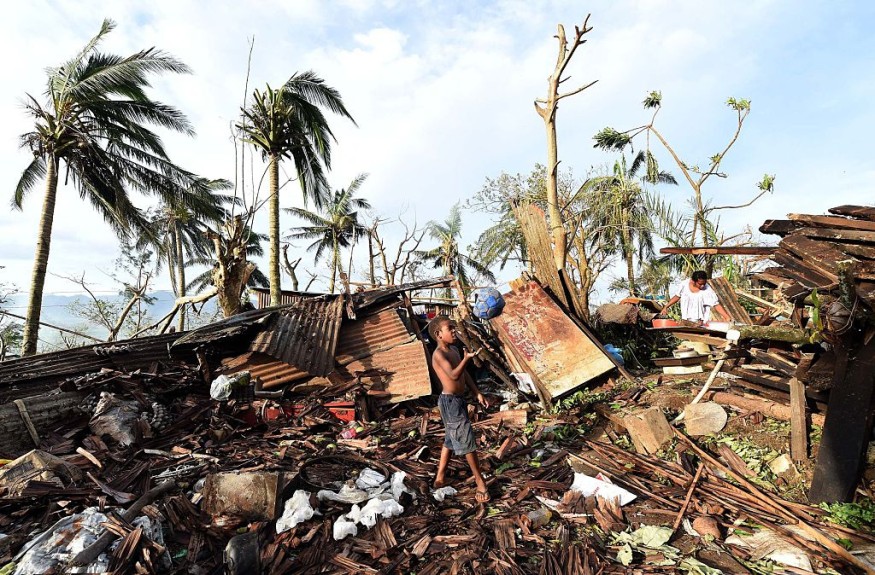A magnitude-7 earthquake struck the Vanuatu region in the South Pacific on Wednesday.

No Tsunami Alert
According to the US Geological Survey, the quake struck at a depth of 10 kilometers below the Earth's surface, just north of Maewo, one of the country's easternmost islands.
However, no tsunami warning was issued following the shocks, according to the US Tsunami Warning System.
No #tsunami threat to Australia from magnitude 6.6 #earthquake near Vanuatu Islands. Latest advice at https://t.co/Tynv3ZQpEq. pic.twitter.com/iAdmRpEUgn
— Bureau of Meteorology, Australia (@BOM_au) November 22, 2023
There have been no reports of widespread destruction, loss of life, or injury on the islands.
Earthquakes of magnitudes ranging from 6.1 to 6.9 are said to cause "significant damage in densely populated areas."
Vanuatu is a twin chain of 13 major and numerous minor islands in the southwest Pacific Ocean.
The islands were formed by volcanic and coral activity.
They are located approximately 800 kilometers west of Fiji and nearly 1800 kilometers east of Australia. Approximately 65 of the islands are inhabited.
Prone To Earthquake
Every year, approximately 2000 earthquake occurrences are registered in Vanuatu.
Vanuatu is located on the Pacific Ocean's "Ring of Fire," a circle of seismic faults noted for regular earthquakes and volcanic eruptions.
This is the island nation's second big earthquake of the year after a magnitude 7 quake devastated Espiritu Santo earlier in January.
The latest tremor comes barely three weeks after a 6.3-magnitude earthquake shook the region.
A magnitude 6.8 earthquake rocked Vanuatu in July, 83 kilometers east of Port-Olry.
Vanuatu has several active volcanoes on the islands of Tanna, Ambae, Ambrym, Lopevi, Vanua Lava, and Gaua.
Aside from earthquakes, this country experiences an annual cyclone season as well as frequent droughts and floods, making it one of the world's most vulnerable to natural disasters.
Vanuatu's economy is being harmed by rising sea levels and increasing cyclones.
The island nation has presented a draft United Nations resolution requesting advice from the International Court of Justice (ICJ) on legal obligations and repercussions resulting from climate change.
Nearly 20 countries, the majority of them small, actively supported the resolution in a global demonstration emphasizing the gravity of the climate catastrophe.
The resolution requests that the ICJ define nations' commitments regarding climate change, especially their human rights obligations to decrease greenhouse gas emissions.
The resolution also requests direction from the court on issues of accountability for "states that have caused significant harm to the climate," especially tiny island nations and peoples and individuals adversely affected by climate change.
The global effort to pass the resolution serves as an example for preserving human rights at the UN and other international bodies dealing with climate change challenges.
While the ICJ does not have binding authority, its advisory opinion could improve vulnerable nations' standing in international discussions and characterize climate change as a human rights concern.
Vanuatu has been named the world's most disaster-prone country by the United Nations University's Institute for Environment and Human Security (UNU-EHS) in its annual WorldRiskReport in 2015.
The country's 2014 ranking of 36.5 percentage points puts it significantly ahead of second-place Philippines (28.3), South Pacific neighbor Tonga (28.2), and Guatemala (21). Germany is 147th with 3 percentage points.
© 2025 NatureWorldNews.com All rights reserved. Do not reproduce without permission.





